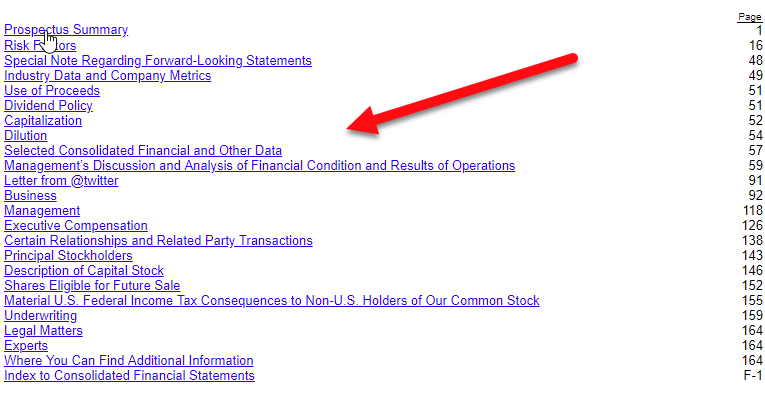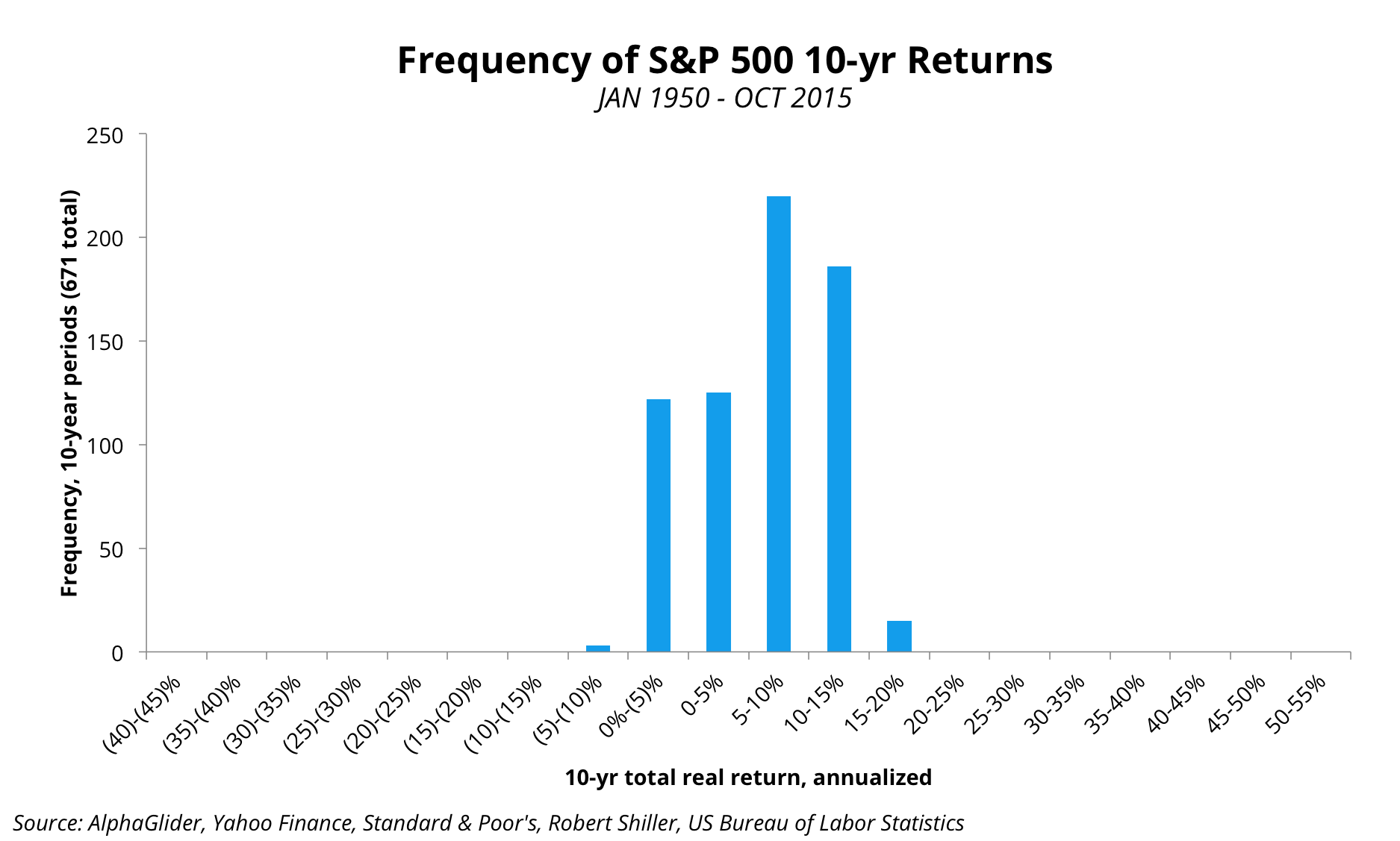Table of ContentsWhat Is Derivative Finance - TruthsAn Unbiased View of What Are Derivative Instruments In FinanceExamine This Report on What Is Considered A Derivative Work FinanceThe 6-Second Trick For What Determines A Derivative Finance

Nevertheless, if a stock's price is above the strike rate at expiration, the put will be worthless and the sellerthe choice writergets to keep the premium as the option expires. If the stock's cost is below the strike rate at expiration, the call will be worthless and the call seller will keep the premium.
These are referred to as American-style alternatives, however their usage and early exercise are unusual. As the above examples illustrate, derivatives can be a beneficial tool for companies and financiers alike. They provide a method to lock in costs, hedge versus unfavorable movements in rates, and mitigate risksoften for a restricted expense.
On the drawback, derivatives are challenging to worth since they are based on the rate of another asset. The dangers for OTC derivatives consist of counter-party threats that are tough to predict or value too. what is derivative instruments in finance. Many derivatives are also conscious modifications in the quantity of time to expiration, the expense of holding the hidden property, and interest rates.
Pros Lock in prices Hedge against risk Can be leveraged Diversify portfolio Cons Hard to worth Subject to counterparty default (if OTC) Complex to understand Conscious supply and demand aspects Likewise, because the acquired itself has no intrinsic valueits worth comes just from the underlying assetit is vulnerable to market belief and market risk - what is considered a "derivative work" finance data.
Finally, derivatives are normally leveraged instruments, and using utilize cuts both ways. While it can increase the rate of return it likewise makes losses mount quicker. Numerous acquired instruments are leveraged. That suggests a percentage of capital is needed to have an interest in a large quantity of worth in the underlying property.
Financial instrument In financing, a derivative is a contract that derives its value from the efficiency of an underlying entity. This underlying entity can be an asset, index, or interest rate, and is often simply called the "underlying". Derivatives can be utilized for a number of functions, including guaranteeing against rate motions (hedging), increasing direct exposure to price movements for speculation or getting access to otherwise hard-to-trade assets or markets.
Indicators on What Determines A Derivative Finance You Need To Know
Most derivatives are traded over-the-counter (off-exchange) or on an exchange such as the Chicago Mercantile Exchange, while the majority of insurance agreements have actually become a separate industry. In the United States, after the financial crisis of 20072009, there has been increased pressure to move derivatives to trade on exchanges. Derivatives are one of the three primary classifications of monetary instruments, the other 2 being equity (i.e., stocks or shares) and debt (i.e., bonds and home mortgages).
Container stores, banned in 1936, are a more current historic example. Derivatives are agreements in between two celebrations that specify conditions (specifically the dates, resulting values and https://arthurnmjs527.webs.com/apps/blog/show/49025507-lt-h1-style-quot-clear-both-quot-id-quot-content-section-0-quot-gt-fascination-about-what-is-a-finance-bond-lt-h1-gt- meanings of the underlying variables, the parties' legal obligations, and the notional amount) under which payments are to be made between the celebrations. The properties consist of commodities, stocks, bonds, rate of interest and currencies, however they can also be other derivatives, which includes another layer of complexity to appropriate assessment.
From the economic perspective, financial derivatives are money flows that are conditioned stochastically and discounted to present value. The market threat inherent in the hidden possession is connected to the financial derivative through legal agreements and hence can be traded individually. The hidden asset does not need to be gotten.
This likewise offers a substantial quantity of flexibility concerning the contract design. That legal freedom enables derivative designers to customize the participation in the efficiency of the underlying asset practically arbitrarily. Thus, the participation in the market value of the underlying can be effectively weaker, more powerful (leverage effect), or executed as inverted.
There are two groups of derivative contracts: the privately traded over-the-counter (OTC) derivatives such as swaps that do not go through an exchange or other intermediary, and exchange-traded derivatives (ETD) that are traded through specialized derivatives exchanges or other exchanges - finance what is a derivative. Derivatives are more typical in the modern-day era, however their origins trace back a number of centuries.
Derivatives are broadly classified by the relationship between the hidden possession and the derivative (such as forward, alternative, swap); the kind of underlying asset (such as equity derivatives, forex derivatives, interest rate derivatives, product derivatives, or credit derivatives); the marketplace in which they trade (such as exchange-traded or over-the-counter); and their pay-off profile.
Get This Report on What Is Derivative In Finance
Lock products (such as swaps, futures, or forwards) obligate the legal parties to the terms over the life of the agreement. Alternative items (such as rates of interest swaps) offer the buyer the right, but not the responsibility to enter the contract under the terms defined. Derivatives can be utilized either for threat management (i.e.
making a financial "wager"). This difference is necessary due to the fact that the previous is a prudent element of operations and monetary management for numerous companies throughout numerous markets; the latter deals managers and financiers a risky chance to increase revenue, which may not be correctly revealed to stakeholders. Along with many other monetary items and services, derivatives reform is a component of the DoddFrank Wall Street Reform and Customer Defense Act of 2010.
To provide a concept of the size of the acquired market, has actually reported that since June 2011, the over the counter (OTC) derivatives market amounted to roughly $700 trillion, and the size of the market traded on exchanges totaled an additional $83 trillion. For the 4th quarter 2017 the European Securities Market Authority estimated the size of European derivatives market at a size of 660 trillion with 74 million outstanding agreements.

For instance, in 2010, while the aggregate of OTC derivatives exceeded $600 trillion, the worth of the marketplace was estimated to be much lower, at $21 trillion. The credit-risk equivalent of the derivative contracts was estimated at $3.3 trillion. Still, even these scaled-down figures represent huge amounts of money. For point of view, the spending plan for total expense of the United States federal government during 2012 was $3.5 trillion, and the total present value of the U.S.
Meanwhile, the world yearly Gdp has to do with $65 trillion. A minimum of for one kind of derivative, Credit Default Swaps (CDS), for which the inherent risk is considered high [], the higher, nominal value remains pertinent. It was this kind of derivative that investment mogul Warren Buffett referred to in his well-known 2002 speech in which he warned against "monetary weapons of mass damage".
Derivatives are utilized for the following: Hedge or to mitigate risk in the underlying, by entering into a derivative contract whose worth relocations in the opposite instructions to their underlying position and cancels part or all of it out Develop option ability where the worth of the derivative is linked to a particular condition or event (e.g., the underlying reaching a specific price level) Get exposure to the underlying where it is not possible to trade in the underlying (e.g., weather derivatives) Offer leverage (or gearing), such that a little movement in the hidden value can cause a big distinction in the value of the derivative Speculate and earn a profit if the value of the hidden asset moves the way they expect (e.g.
See This Report on What Is A Derivative In Finance Examples
For example, an equity swap enables an investor to receive stable payments, e.g. based upon LIBOR rate, while preventing paying capital gains tax and keeping the stock. For arbitraging purpose, permitting a riskless profit by concurrently entering into transactions into 2 or more markets. Lock items are theoretically valued at no at the time of execution and hence do not normally require an up-front exchange in between the parties.
Notably, either party is for that reason exposed to the credit quality of its counterparty and has an interest in securing itself in an event of default. Option products have instant value at the beginning since they supply specified protection (intrinsic worth) over a given period (time value). One common type of choice product familiar to numerous consumers is insurance for homes and vehicles.